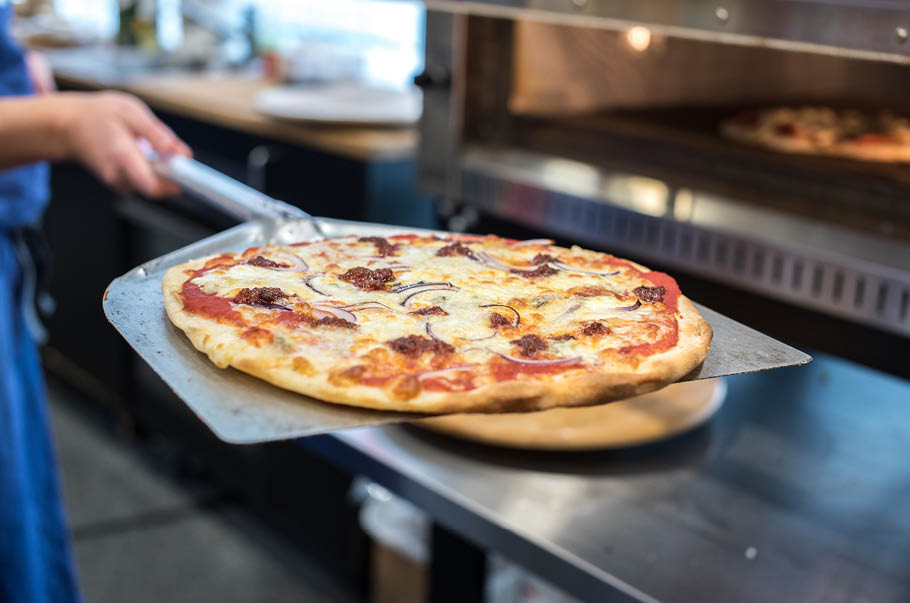Third party platforms have also driven top and bottom line growth for the sector. Restaurants in London saw the biggest increase in revenue and profit, up £323m (1.4%) and £189m respectively. In Paris turnover has increased 1.1% to €94m, with profit up €18m. While restaurants in Warsaw benefited from a similar increase (1%), as revenue rose by 110m zł and profit 46m zł. Madrid was the only city where restaurants saw a bigger increase in profit (€36m) than revenue (€23m), due to the improved margins when higher cost direct delivery orders are substituted for third party platform delivery orders.
Responding to ‘significant shifts in consumer preferences’
Technology is helping restaurants respond to a significant shift in consumer preferences, as demand for convenience in the sector rises, with more than seven in ten (71-80%) adults aged 18-39 ordering food on a third party platform in the last seven days. This is largely being driven by the ease of ordering and payment on third party platforms, and consumers having less time to cook at home.
Although some restaurants have offered delivery using their own staff for many years, the rise of new marketplace apps (e.g Uber Eats) has helped many restaurants enter the growing food delivery market for the first time. In fact, according to a survey to support the report only one in three restaurants in London, Paris and Warsaw offered delivery before partnering with Uber Eats, with a slightly higher number in Madrid (52%).
Growing the pie
With the food delivery market expected to grow 10% a year to be worth $25bn in Europe by 2023, third party platforms are enabling an overall expansion of the restaurant sector.
Despite delivery accounting for just 2-5% of meals eaten at restaurants according to the report, around 20% of meals ordered via third party platforms in London, Paris and Warsaw represent growth in the restaurant industry, helping restaurants take a larger share of meals consumed. This is slightly lower in Madrid at 12%.
Deloitte found third party platforms who facilitate the delivery are likely to have an even bigger impact on growth in the sector, with restaurants who partner with Uber Eats reporting sales increases between 59-74% since joining the platform in London, Paris, Warsaw and Madrid.
A one-stop shop for growth
The report also found third party platforms are providing restaurants with a number of other benefits to help them adapt and grow their business with food delivery, such as:
- Additive growth: creating opportunities for restaurants to grow their overall share of meals purchased in the industry. E.g. by offering premium or healthier fast food options.
- Better asset utilisation: increasing the utilisation of otherwise idle assets (e.g. during quieter mid-week or afternoon periods). This can help increase recovery rates for fixed costs during these periods.
- New customers: providing access to a large network of potential customers and investing in marketing, restaurants are reaching customers that would not have ordered from them without third party platforms.
- Expansion and innovation: facilitating access to technology and insights, restaurants can identify data-drive growth opportunities such as virtual restaurants. Operators who run virtual restaurants in France and the UK have seen sales increase by more than 50% according to Uber Eats.
“As the most popular food delivery app in Europe, it is our top priority to help restaurants adapt and thrive in the growing food delivery market. Whether a small mum and dad operation or a household favourite, we are committed to providing restaurants with access to the technology, insights and expertise they need to grow their delivery business.”
Sam Blackie, Partner, Deloitte said the report showed:
“New technology is helping restaurants respond to a significant shift in consumer preferences, with rising demand for more convenient ways to eat. By making it easier for restaurants to offer delivery services to customers, third party platforms have helped grow overall revenue and profit in the restaurant sector.”












